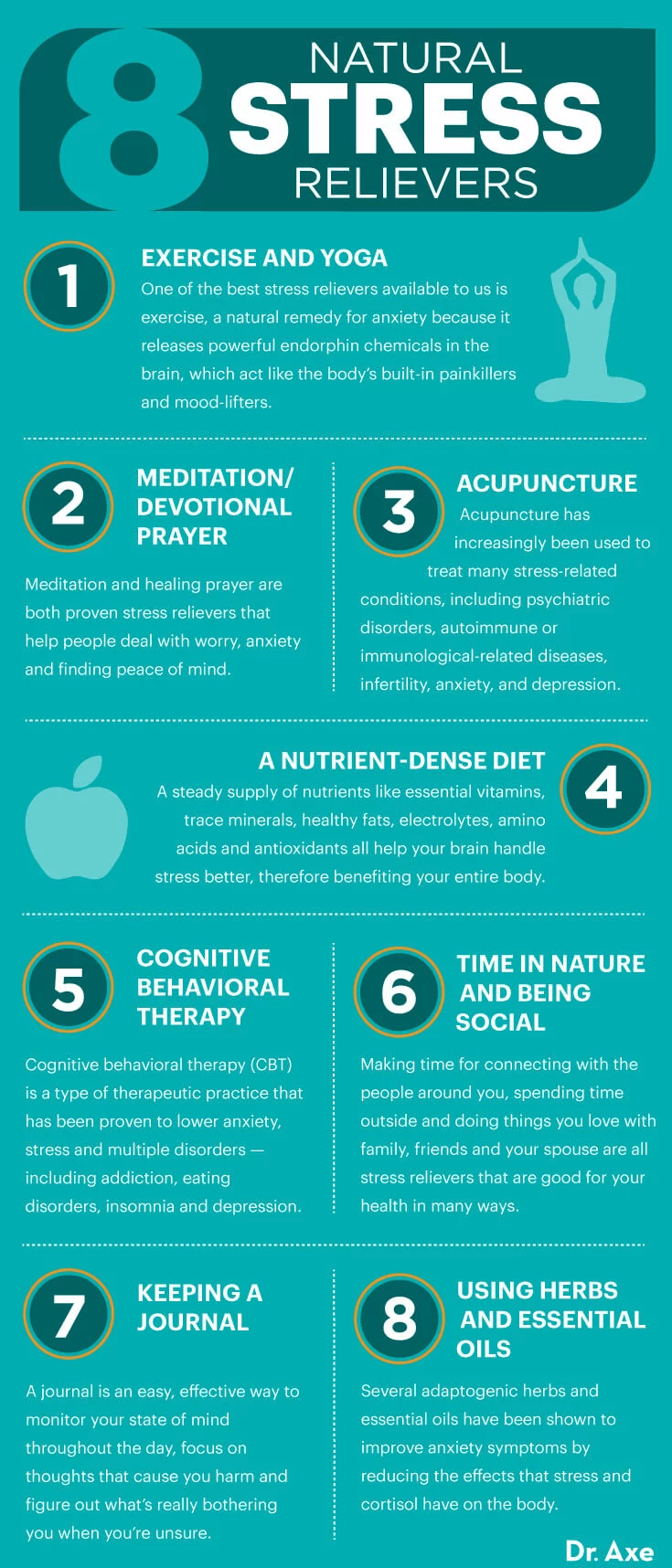Compare Finance Rates for Used Cars: Get the Best Deal on Your Next Vehicle
Buying a used car is a major investment, and securing the best financing terms can make a significant difference in the total cost. When considering a used car loan, comparing finance rates is essential to ensure that you’re getting the most favorable terms available. With so many lenders offering different rates, it can be challenging to navigate the options. In this guide, we’ll show you how to compare finance rates for used cars, what factors to consider, and how to secure the best deal for your budget. Whether you’re a first-time car buyer or looking to upgrade your current ride, understanding how to compare finance rates is a crucial step in your purchasing journey.
Understand the Basics of Car Financing – Key Terms You Should Know
Before diving into comparing finance rates, it’s important to understand the basics of car financing. When you finance a used car, you’re essentially borrowing money from a lender, and in return, you agree to repay the loan amount with interest over a set period. Key terms to be aware of include the loan term (the length of time you have to repay the loan), the interest rate (the cost of borrowing), and the down payment (the upfront amount you pay toward the car). Understanding these terms will give you a better idea of what to expect when comparing finance rates.
How to Compare Interest Rates from Different Lenders – Finding the Best Deal
The interest rate you receive can vary widely depending on the lender, your credit score, and the loan term. To compare finance rates effectively, start by researching multiple lenders, including banks, credit unions, online lenders, and car dealerships. Each will offer different rates based on your credit profile and the vehicle you’re interested in. Websites that allow you to compare rates across lenders can be very helpful. Additionally, consider looking for promotional offers or special financing deals, especially from dealerships offering low-interest financing on used cars.
The Impact of Your Credit Score on Your Loan Rate – How to Improve Your Financing Terms
Your credit score plays a crucial role in determining the interest rate you’ll be offered. Generally, the higher your credit score, the lower your interest rate will be, saving you money over the life of the loan. If your credit score is less-than-perfect, you may be offered a higher rate, but there are steps you can take to improve your score before applying for financing. This could include paying off outstanding debts, reducing credit card balances, and making timely payments. Improving your credit score could make a big difference in securing a lower finance rate for your used car purchase.
Consider Loan Terms and Fees – Understanding Total Loan Costs
While the interest rate is an important factor, it’s also essential to consider the overall loan terms, including the length of the loan and any fees associated with financing. A longer loan term may lower your monthly payments but could increase the total amount you pay over the life of the loan. On the other hand, shorter loan terms typically come with higher monthly payments but result in paying less interest overall. Additionally, check for any hidden fees, such as origination fees or prepayment penalties, that could affect the overall cost of the loan. It’s important to look at the total cost of the loan, not just the interest rate.
How to Secure the Best Finance Rate – Tips for Getting the Best Deal
To secure the best finance rate, it’s important to shop around, compare offers, and consider the factors discussed earlier. Here are some tips to help you get the best deal:
- Improve Your Credit: Higher credit scores often result in better rates.
- Make a Larger Down Payment: A bigger down payment reduces the loan amount, which may help you secure a lower rate.
- Negotiate: Don’t be afraid to negotiate the terms with lenders or dealerships to get a better rate.
- Consider a Co-Signer: If your credit score is lower, having a co-signer with a better credit history may help secure a better rate.
FAQs
1. What is the best way to compare finance rates for used cars?
Start by researching different lenders, including banks, credit unions, and car dealerships. Use online tools to compare rates and consider factors like your credit score and loan terms.
2. How does my credit score affect my used car financing?
Your credit score directly influences the interest rate you’re offered. Higher credit scores usually lead to lower rates, while lower scores may result in higher rates.
3. What is the difference between the loan term and the interest rate?
The loan term is the length of time you have to repay the loan, while the interest rate is the percentage charged by the lender for borrowing money. A longer term may reduce monthly payments but increase total interest paid.
4. Should I consider the total loan cost or just the interest rate?
It’s important to look at the total cost of the loan, including interest and fees, as well as the loan term. A lower interest rate with a longer term could end up being more expensive in the long run.
5. Can I negotiate the finance rate for a used car?
Yes, you can negotiate the terms with lenders or dealerships, especially if you have a good credit score or are offering a larger down payment.
